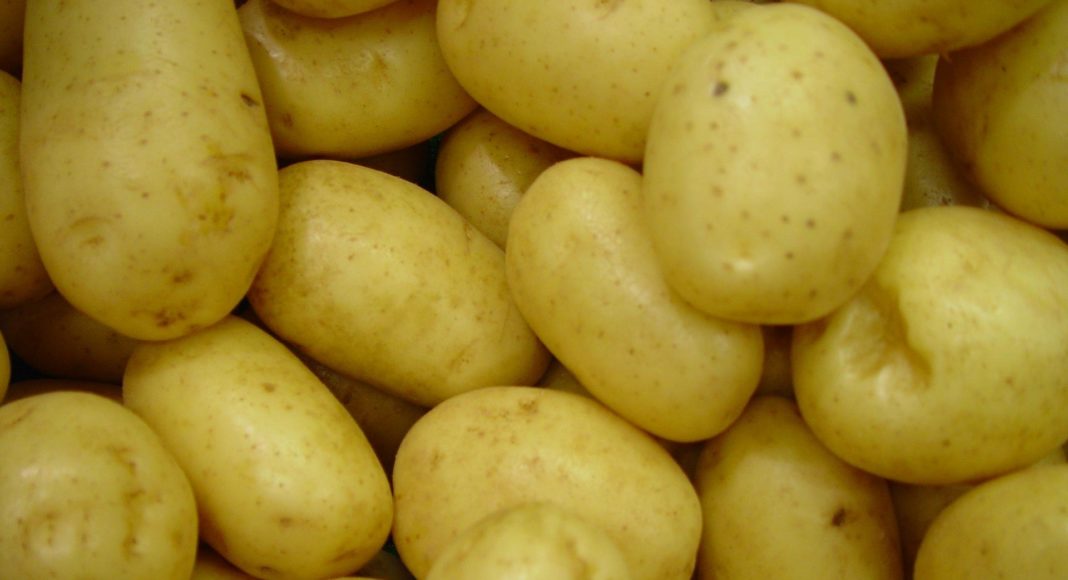Want more from your potato crop? Better quality and yield may come from boron. I sat down with University of Manitoba Plant Scientist Mark Belmonte, to chat about how boron figures into the complex mechanics of potato plant growth – and how top-ups of boron can help producers optimize crop production.
Brodie Workman (BM): Let’s start by talking about deficiency: who has room to gain some quality and/or yield by knowing a bit more about boron?
Mark Belmonte (MB): Almost everyone, actually. There’s certainly opportunity for growers to develop a deeper knowledge of plant nutrition in general, which will translate to better quality and higher yielding crops. Boron is one of those fairly easy ones where a few top-ups throughout the season can make a big difference.
BM: Boron is necessary in a potato plant at a very low levels – just 0.002 per cent – yet it still plays essential roles across the entire lifecycle of the plant, starting with communication, yes?
MB: Exactly. By turning on specific genes that play roles in photosynthesis and transportation, calcium and boron together amplify key plant messages, helping a plant communicate information from one cell to the next and from one area of the plant to another. One vital part of this communication is helping a potato plant’s leaves – where photosynthesis occurs and sugar is created – ‘talk’ to the roots and tubers, where sugar is stored. This communication drives the ‘source-sink relationship’: the movement of sugar from the leaves and shoots into the tubers, supporting tuber bulking.
BM: Calcium and boron also act like cement between a plant’s cell walls, helping strengthen the plant. That’s important in all parts of a potato plant, but especially tubers’ skin quality, correct?
MB: Right. A tuber’s skin protects the tuber environmental stress like drought, heat or excess moisture, and biological stress like rots and other soil borne pathogens. The skin requires a lot of calcium – which is usually readily available in the soil – and a little boron. However, calcium goes hand-in-hand with boron: if there’s insufficient boron, calcium won’t accumulate.
BM: Boron also plays a role in balancing plants’ growth hormones?
MB: It does. Ideally, you want to apply product like Sugar Mover, which contains both boron and molybdenum, to help even out a plant’s three key growth hormones. Boron also helps optimize gibberellic acid, the cell elongation hormone, helping the plant grow leaves and roots in balanced proportion.
BM: So how should growers be applying boron?
MB: I’d recommend applying boron at low rates multiple times throughout the season, ramping up as we get into August, products like Sugar Mover are a great way to size potatoes. Anytime you can apply a little more boron, it’s going to improve the quality and size of the tuber and also protect that tuber from disease. A little goes a long way.
Thanks to Mark for sharing his expertise. We’ll be back next month with the second half of our conversation, this time talking about boron’s critical end-of-season roles.
Related Articles
Plant Hormone Snapshot — Last but Definitely Not Least, Cytokinin
Plant Hormone Snapshot — Take Advantage of the Multi-tasker Auxin
Potato Hormone Snapshot — Get the Most from Gibberellic Acid











